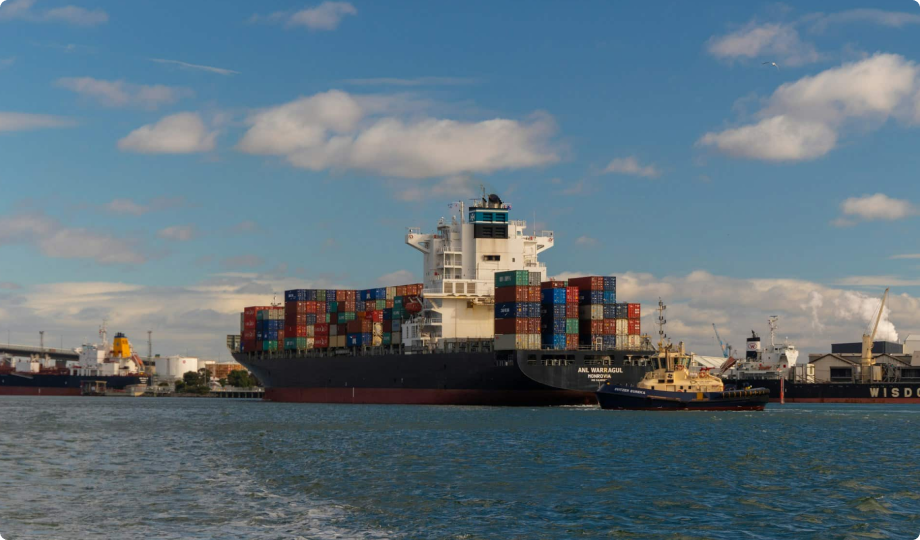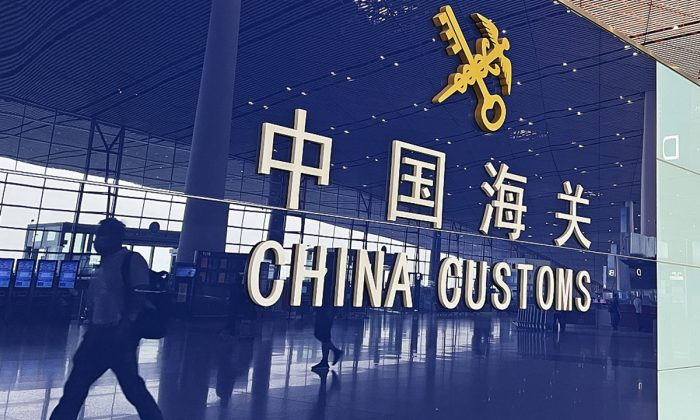Diving into the world of international trade is like venturing into uncharted territory full of exciting opportunities and challenges. Importing under DDP (Delivery Duty Paid) terms seems like the easy way out, as it shifts costs and risks to the supplier. However, we constantly encounter poorly executed imports that demonstrate the significant risks associated with this type of operation, especially when carried out fraudulently, requiring careful attention.
The latent risks of DDP imports
It is important to make it clear that the DDP Incoterm is entirely legal and acceptable. The crux of the matter lies not in the Incoterm itself, but in the way some freight forwarders handle DDP shipments. Exposure to the risks inherent in these imports highlights the need for thorough understanding before diving into these transactions.
Fraudulent customs declarations present a major risk, with some suppliers attempting to evade taxes by providing incorrect information. This behavior not only carries financial risks, but can also have legal consequences.
The manipulation of tariff codes (HS Code) adds another level of risk. Incorrect assignment of these codes can allow suppliers to avoid inspections and evade tax payments, leaving the importer in a legally compromising situation.
Furthermore, the possibility of falsified documents, such as commercial invoices and packing lists, adds an additional risk. Submitting incorrect information can trigger both financial and legal complications, underscoring the imperative need to adopt ethical and transparent business practices.
What is the motive for committing this type of fraud?
The answer to that question is quite obvious: money! Freight forwarders who offer DDP shipments at irresistibly low prices and who also avoid complying with established regulations often engage in practices such as reducing the value of the goods they ship and manipulating tariff codes. All this is done with the aim of circumventing customs controls on products that would otherwise be subject to rigorous regulatory requirements.
The execution of fraudulent DDP shipments essentially involves the submission of incorrect or misleading information on customs documents. The purpose of this is to evade taxes and avoid financial responsibilities. Although some individuals may see this strategy as a clever way to reduce costs and increase profit margins in the short term, the benefits obtained disappear faster than the lights at the end of a party.
Additionally, we encounter entrepreneurs who, due to ignorance and bad practices on the part of the freight forwarder or supplier, believe they are carrying out a legitimate import. In reality, they will not obtain the Single Customs Document (SCD) for import, which can lead to significant complications for your business.
In this maze of questionable practices, understanding the associated repercussions and risks is vital. So, the next time you are tempted by a DDP shipment that seems too good to be true, keep in mind that the risks and legal consequences can be considerable. Don’t let the prospect of short-term savings blind you to the long-term implications for your business.
Strategies for successful importing
To mitigate the risks associated with DDP imports, it is crucial to adopt sound and ethical strategies, stay informed about regulations, and seek the assistance of qualified professionals. Here are some key strategies for ensuring a successful import:
Careful Selection of Suppliers
Before diving into the exciting world of imports, take the time to research and choose suppliers who inspire confidence. Check their background, gather recommendations, and thoroughly scrutinize their reputation. If a supplier or their freight forwarder offers you DDP shipping, make sure you obtain the Single Administrative Document (SAD) for import and be prepared to pay the corresponding VAT and customs duties. A safe step is a successful step.
Detailed Conditions in the Purchase Order
Clarity is key. When specifying your purchase order, detail the values and provide accurate descriptions of the merchandise. You can even use service contract templates available online, adapting them to your specific needs. Ultimately, a well-defined contract can be your best ally. Make sure that the supplier or freight forwarder returns the signed contract to you and clearly specifies all considerations.
Strict Compliance with Customs Regulations
Don’t underestimate the power of knowledge. Familiarize yourself with customs regulations in both the country of origin and the destination country. A thorough understanding of regulations is essential to avoid legal headaches and ensure that your operation runs smoothly. Yes, it can be a bit of a dense subject, but there are tools such as the tariff code and the European Union’s Taric platform that can smooth the way and ensure that your HS codes match reality.
Making fraudulent DDP shipments may seem tempting to some, but the associated risks are enormous and can have devastating consequences for those involved.
Instead of looking for risky shortcuts, it is advisable to opt for ethical and legitimate business practices. Freight forwarders and logistics professionals have a responsibility to operate transparently, comply with customs regulations, and ensure integrity in all commercial transactions.
If you, as a reader, have concerns or questions about importing, logistics, and regulatory compliance, please contact us. We have extensive experience with years of successful imports and regulatory compliance. We are here to provide you with expert advice, answer your questions, and help you navigate safely and successfully in the complex world of international trade.
At Zertify & Comply, we are proud to offer consulting solutions, ensuring that our clients comply with all relevant rules and regulations. Trust us to facilitate your import process in an ethical, efficient, and successful manner.



